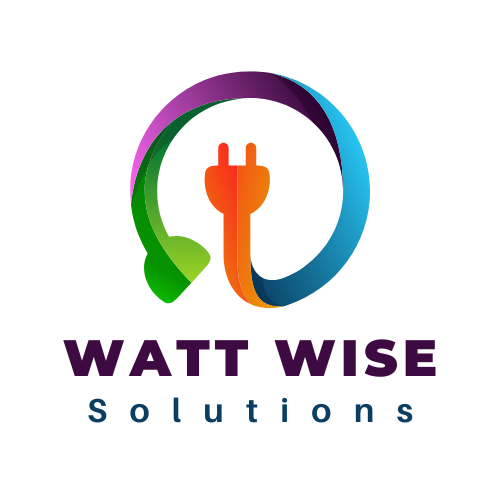Our Services
We are committed to helping all clients choose smart and increase their building energy efficiency through the best possible solutions, including solar energy. We believe in sustainable solutions that will benefit the environment and the economy in the long run.
Infrared Thermal Imaging
A thermal imaging camera can identify problems early, allowing them to be documented and corrected before becoming more serious and costlier to repair.
Consulting Services
We provide consulting services to owners and builders to choose the best energy-efficient products and services including air sealing and insulation.
Solar Energy
We provide solar system design and maintenance services for all kinds of buildings and can improve the efficiency of existing solar systems.
Lighting products and services
We help homeowners, property managers, home decorators and builders to upgrade their light fixtures to more energy-efficient products.
